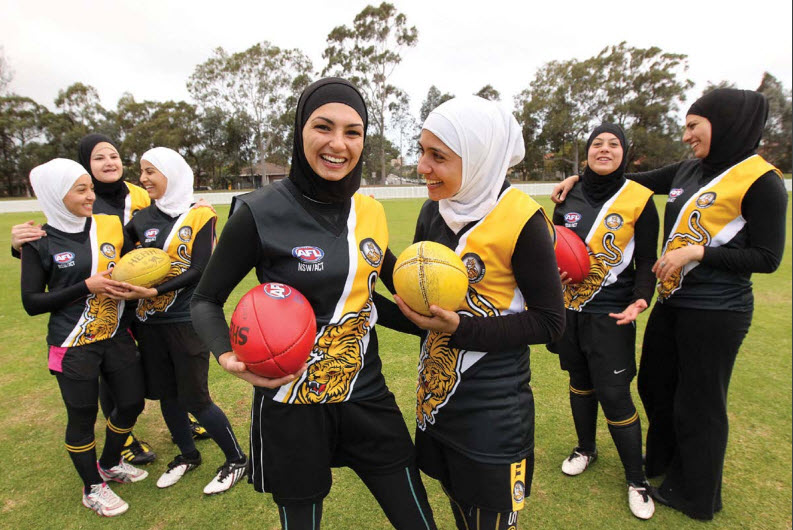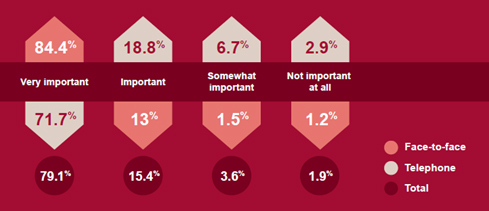The Ordinariness of Australian Muslims Project

There was a persistent stream of expressed public concern in Australia that Muslim immigrants were ill-at-ease with Australian ways of life, governance and law. Too much research helped reproduce a discourse of non-integration because they focused on the negative interactions between Muslims and non-Muslims and the personal and social morbidities associated with these. This research examined the links between experiences and attitudes of Australian Muslims. Australian Muslims have ordinary desires and needs, and a strong sense of belonging in Australia. The fact that Muslims face high levels of racism, yet still believe Islam is compatible with Australian norms, bodes well for the future. Importantly, higher levels of religiosity were positively associated with stronger national belonging and a sense of Muslim integration. Australia's values of diversity and multiculturalism give hope to Australian Muslims and makes them more resilient in dealing with the pressures of Islamophobia and racism.
Key Findings
| 
|
Publications
Atie, R. and Dunn, Kevin M. (2013) "The ordinariness of Australian Muslims: attitudes and experiences of Muslims" in Gopalkrishnan N. & Babacan, H. (eds) Third International Conference on Racisms in the New World Order: Realities of Culture, Colour and Identity: Conference Proceedings, (Cairns, Australia), 30 - 31 August, pp. 2-11. ISBN 978-0-9875922-6-2.
Dunn, K, Atie, R, Mapedzahama, V, Ozalp, M, Aydogen, A, 2015, The resilience and ordinariness of Australian Muslims: Attitudes and Experiences of Muslims Report [PDF, 3607.6 KB], Western Sydney University, Islamic Sciences and Research Academy, Charles Sturt University, Sydney, Australia.
Dunn KM., Atie, R. & Mapedzahama, V. (2016) "Ordinary cosmopolitans: Sydney Muslims' attitudes to diversity", Australian Geographer, 47(3), 281-294.
Dunn KM. & Hopkins, P. (2016) "The Geographies of everyday Muslim life in the west", Australian Geographer, 47(3), 255-260.
Project Team
- Professor Kevin Dunn (Western Sydney University)
- Professor Mehmet Ozalp (Charles Sturt University)
- Dr Adem Aydogan (Islamic Sciences and Research Academy)
- Virginia Mapedzahama (Western Sydney University)
- Rosalie Atie (Western Sydney University)
Project Partners and Funding
The study was commissioned by Western Sydney University (Western), the Islamic Sciences and Research Academy Australia (ISRA) and Charles Sturt University, through a Western Partnership Grant.
Mobile options:


